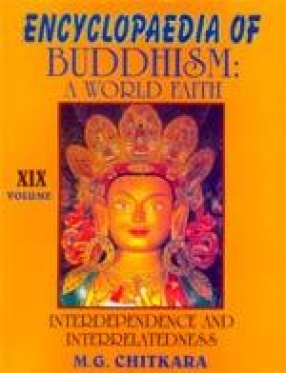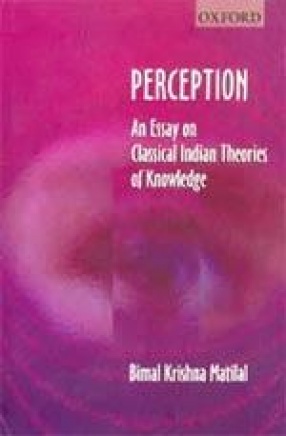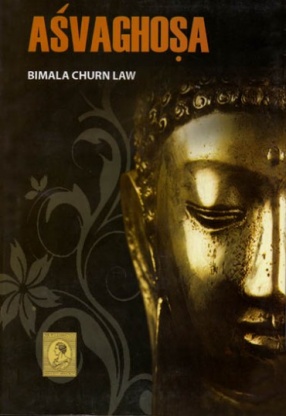The fundamental precept of Buddhism is Interdependence or the law of Cause and Effect. This simply states that everything, which an individual being experiences, is derived through action from motivation. Motivation is thus the root of both action and experience. From this understanding are derived the Buddhist theories of consciousness and rebirth. The first holds that, because cause of further effect, consciousness must be continual. It follows on and on, gathering experience and impressions from one moment to the next. At the point of physical death, It follows that a being’s consciousness contains an imprint of all these past experiences and impressions, and the actions, which means ‘action’. It is thus consciousness, with its attendant Karma, which then becomes ‘reborn’ in a new body, animal, human or divine. So, to give a simple example, a person who has spent his or her life mistreating animals could quite someone who is unkind to animals Similarly, meritorious conduct in this life will assist in a favorable rebirth in the next. Buddhists further believe that because the basic nature of consciousness is neutral, it is possible to escape from the unending cycle of birth, suffering, death and rebirth that life inevitably entails, but only when all negative Karma has been eliminated along with all worldly attachments. When this point is reached, the consciousness in question is believed to attain liberation and then ultimately Buddhahood. There is a natural desire for happiness. And happiness is possible if we live full of contentment. If the body is not comfortable and contented, we may just ignore it but not in case of mind. The mind resists and revolts on being ignored and needs mental peace. The peace of mind leads to contentment and it is the calm and serene atmosphere, which bestows mental peace. The greatest degree of inner tranquility comes from the development of love and compassion. Bhagwan Sri Sathya Sai Baba rightly says: Love gives and forgives, selfishness gets and forgets. Live and let live is the fundamental law of nature. Out ancients conceived “Man-in-natureâ€. It is in contradistinction to western though of “Nature versus Manâ€. Man-in-nature; is near and familier to nature. Nature is not alien to him, nor is she mute and edead. Of course, it is a system in which all living creatures, however, small a thing, have their place and function, all of them follow the law of independence. Independence is a fundamental law of nature. Not only myriad forms of life, but the most suitable level of material phenomenon, is also governed by law of independence. All phenomenon, from the planet we inhabit to the oceans, clouds, forests and flowers that surround us, arise in dependence upon suitable patterns of energy. Without their proper interaction, they dissolve and decay. Defiance of the interdependence has not only harmed the natural environment, but human society also. It is the awareness about the law of interdependence that brings peace and happiness.
Encyclopaedia of Buddhism: A World Faith: Interdependence and Interrelatedness (Volume XIX)
In stock
Free & Quick Delivery Worldwide
Bibliographic information
Title
Encyclopaedia of Buddhism: A World Faith: Interdependence and Interrelatedness (Volume XIX)
Author
Edition
1st ed.
Publisher
ISBN
817648198X
Length
xiv+327p., References; 25cm.
Subjects








There are no reviews yet.